Kano State Government announced an immediate ban on all live political programmes across media platforms, citing the need to prevent inflammatory content that could threaten the state’s cultural and religious harmony. The decision was revealed during a quarterly engagement meeting between the Ministry of Information and Internal Affairs and media executives in Kano, chaired by Commissioner Ibrahim Abdullahi Waiya, as reported by Daily Post and The Sun. A statement signed by the ministry’s Director of Special Duties, Sani Abba Yola, emphasized that the ban aims to safeguard Kano’s values without suppressing political opposition.
Commissioner Waiya clarified, “We are not out to suppress political opposition. Our goal is to safeguard the sanctity of Kano’s cultural and religious values,” stressing that freedom of expression must be balanced with responsibility. He noted a recent reduction in abusive language on air, attributing it to ongoing media engagements, such as the formation of the Gauta Club to monitor radio commentators known as “Sojojin Baka” (verbal warriors). The policy mandates that interviewees sign undertakings to avoid abusive, defamatory, or culturally offensive statements, while presenters and hosts are prohibited from asking provocative questions or making suggestive gestures that could harm individuals or Kano’s reputation.
The government has also launched sensitization programmes targeting political presenters, media commentators, and the Council of Friday Imams to ensure responsible messaging. This move follows Governor Abba Kabir Yusuf’s earlier threats on May 4, 2025, to sue media outlets for alleged defamatory broadcasts, particularly after claims by former SSG Abdullahi Baffa Bichi against Senator Rabiu Kwankwaso, per Platform Times. The ban aligns with prior Kano interventions, such as the 2021 suspension of Sheikh Abduljabar Nasir-Kabara’s preaching for incitement, which included directives to broadcast stations to halt inflammatory content.
Sentiment on X, reflected in posts like @MobilePunch’s report, shows mixed reactions, with @LawalAbdulrabi1 criticizing the ban as a “gag on free speech,” while @SaniAbdullahi supports it for curbing “reckless broadcasts.” Critics, including the Nigerian Union of Journalists, argue the policy risks stifling press freedom, citing Nigeria’s 2023 Freedom House press freedom score of 47/100, which highlights government pressures on media. Supporters, however, see it as a necessary step to maintain peace in Kano, a state with a history of religious and political volatility, as evidenced by 2024 clashes during emirate disputes. Without clear enforcement details, the ban’s impact on Kano’s vibrant media landscape remains uncertain, raising concerns about overreach amid Nigeria’s broader democratic challenges.

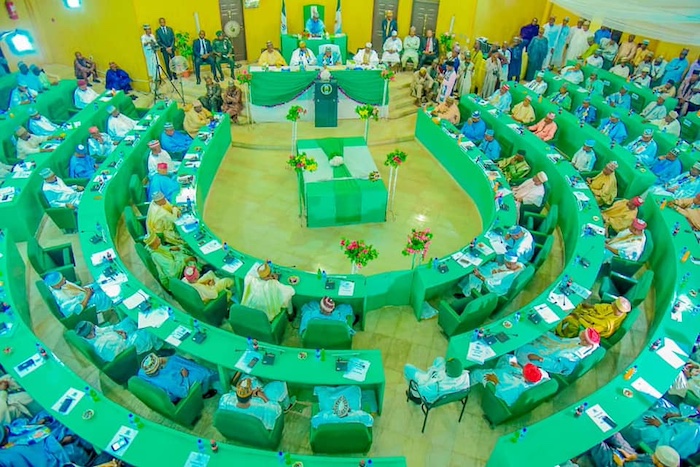


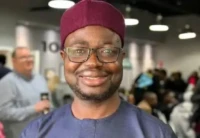
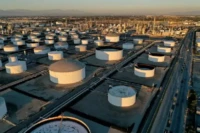
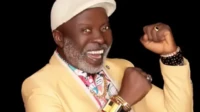
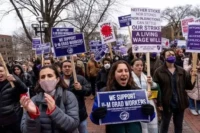
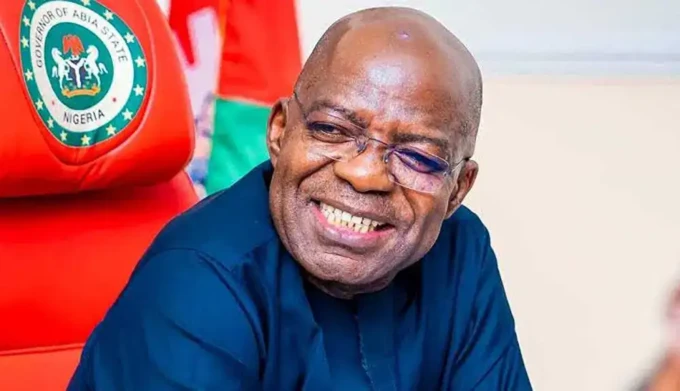
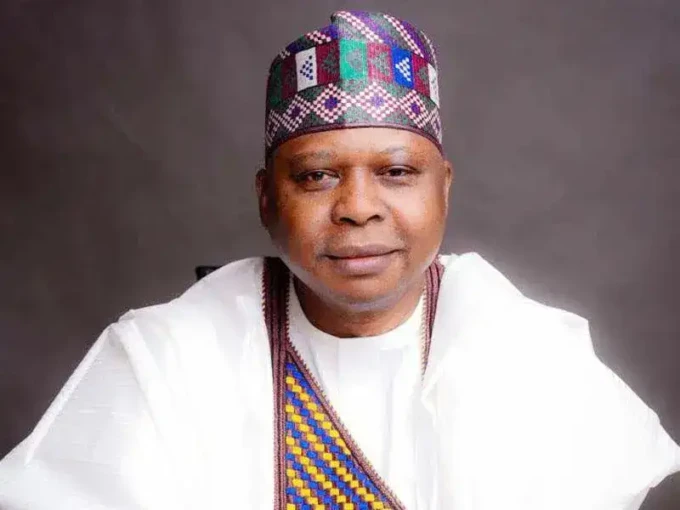

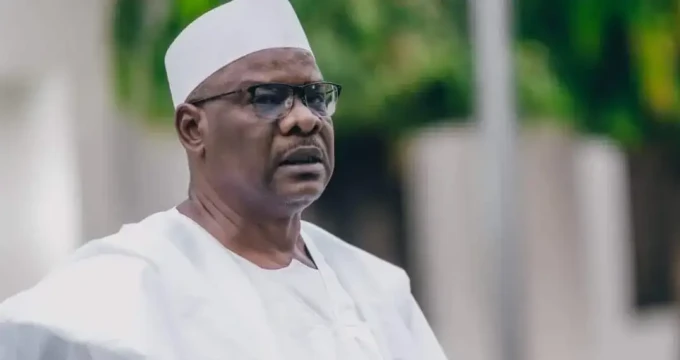
Leave a comment